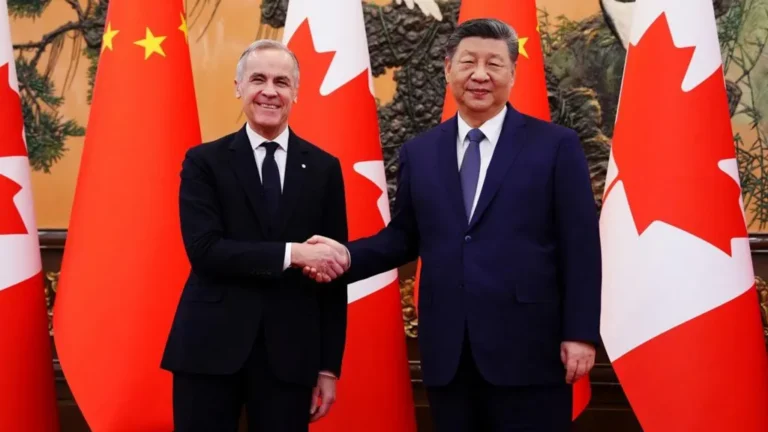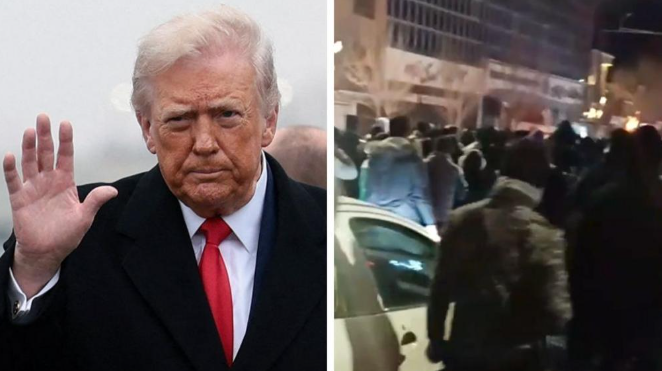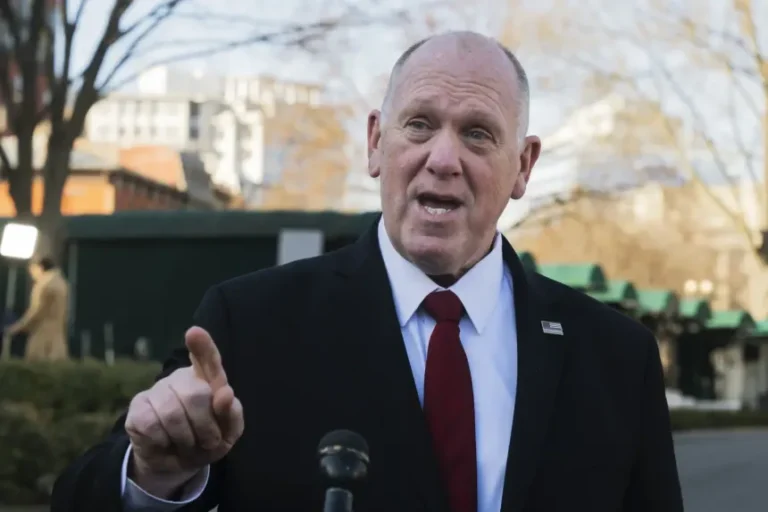
On June 5, President Donald Trump held a phone call with Chinese President Xi Jinping—their first direct contact since Trump began his second term and since tensions intensified in the ongoing 2025 U.S.-China trade war. Trump later announced that the conversation led to China agreeing to resume rare earth mineral exports, a move expected to ease short-term supply chain pressures in the U.S. auto and defense industries.
However, analysts note that while the call produced limited immediate results, it signaled a broader power imbalance. Xi appeared to gain the upper hand both domestically and diplomatically, using the call to reinforce his image as a firm and unyielding leader. China emphasized that Trump initiated the communication and portrayed itself as a reluctant but principled participant in negotiations.
China’s state-controlled messaging, combined with its continued control over key materials like rare earths, has strengthened its bargaining position. The rare earth issue remains one of Beijing’s most effective tools, especially as the U.S. faces inflationary pressures and political risks tied to supply disruptions.
The call may have temporarily reduced tensions, but fundamental disputes over tariffs, export controls, and technology remain unresolved. Should negotiations stall again, experts warn Trump may be forced to re-engage under terms increasingly shaped by Beijing—further reinforcing Xi’s international posture as a dominant counterweight to U.S. economic pressure.






